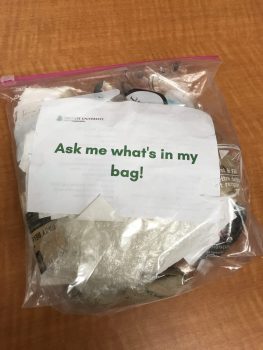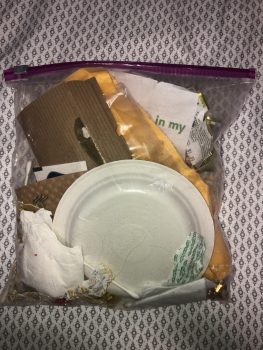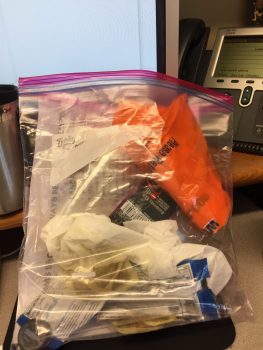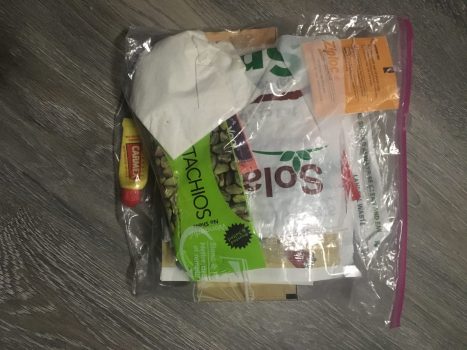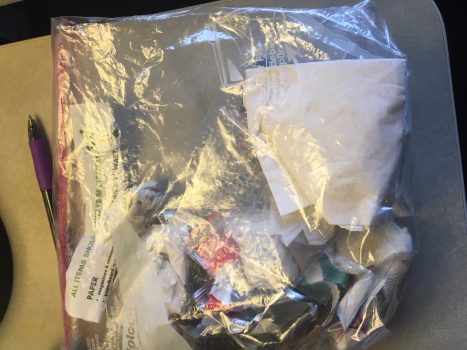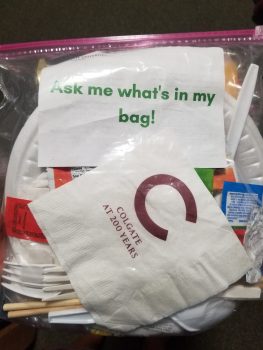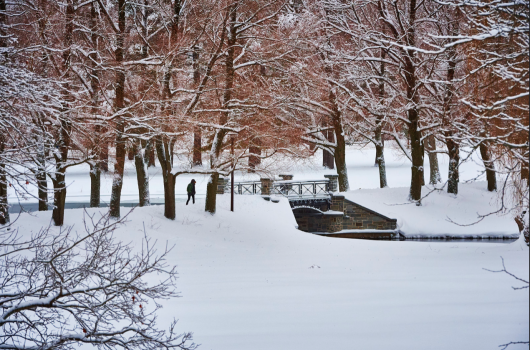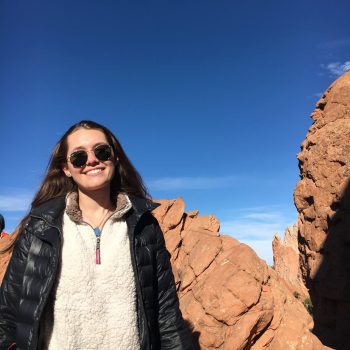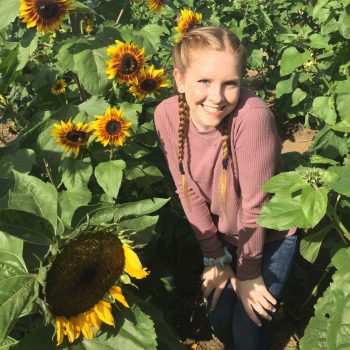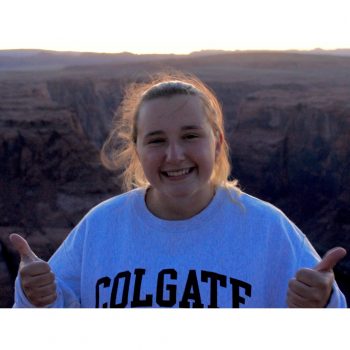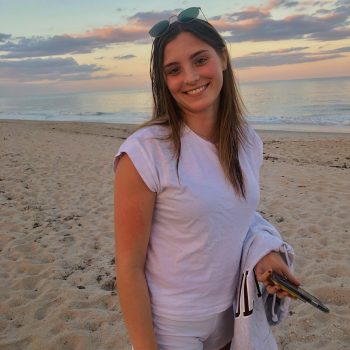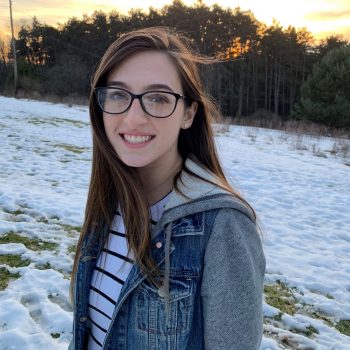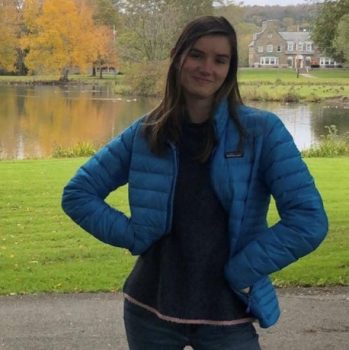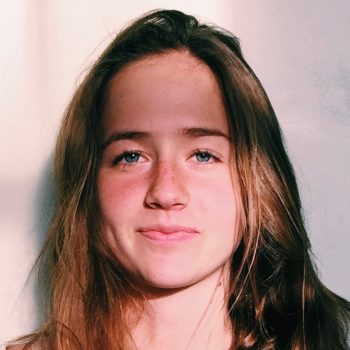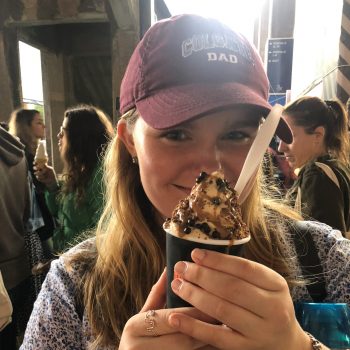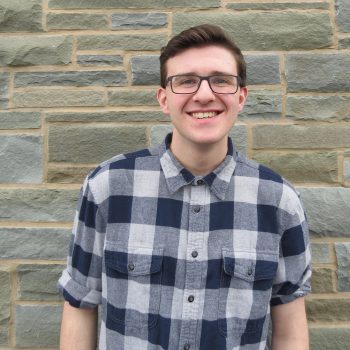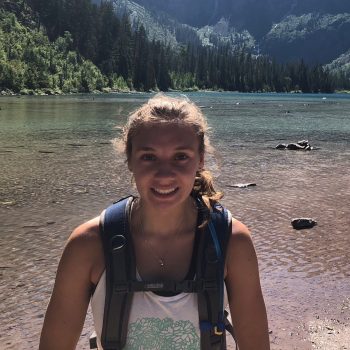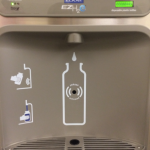The Office of Sustainability is pleased to announce that applications are now open for paid internship positions with the Office and the Community Garden.
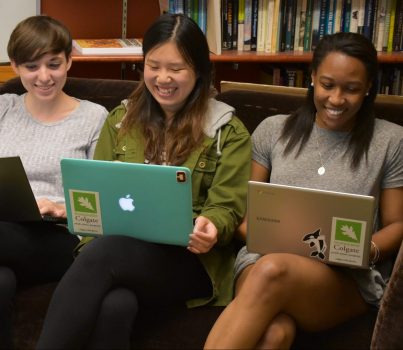
The Office of Sustainability is hiring interns for the summer of 2019 to work on a wide range of projects to advance sustainability at Colgate. This is an exciting opportunity for Colgate students to get hands-on experience putting sustainability into action, working to support the Program Coordinator and Director of Sustainability. The internship requires up to 40 hours per week, starting in late May and ending in early August. Work schedules are flexible and will allow for vacation time, however a total of 10 weeks of work during the summer is required.
“The summer Sustainability internship has many components to it, which makes it even more fun and exciting,” says summer ’18 intern Luvna Dhawka. “I had the opportunity to participate in the Foundations of Sustainability course for staff led by John Pumilio, the Director of the Office of Sustainability, who really drove the point home that somebody, somewhere has to act differently for change to happen, and it might as well just be me. Another aspect of the internship that I really enjoyed was managing a vegetable plot with the other interns at the Colgate Community garden where we would volunteer for an hour every week – a nice break from office work and ideal to enjoy the beautiful summer weather of Hamilton.”
To apply for this position, please email your resume and cover letter to pgramlich@colgate.edu by April 14th. More information about the position and application is available on the portal.
The Colgate Community Garden is hiring two interns starting in early/mid May 2019 until mid/late-August 2019. Garden interns will help manage and promote the organic community vegetable/herb garden on campus. This is a physically demanding, yet very rewarding job. Work includes long days and exposure to outdoor elements (e.g. heat, sun, rain, etc.). The student interns are expected to coordinate and organize volunteers and community work parties, as well as carry out an independent garden project from conception to completion. The Garden interns will report directly to garden manager Beth Roy. Interns will work in close collaboration with other Colgate students, faculty, and staff to plan and manage the garden. The student interns will gain life-long skills and knowledge in planting and maintaining an organic garden, organizing events, and supervising volunteer workers.
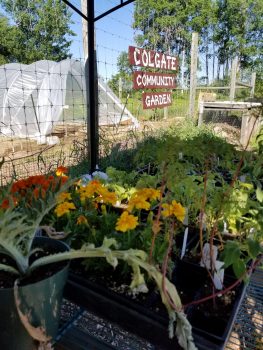
According to former Garden intern Mak Bridge ’20, “I loved being able to see the entire agricultural process from start to finish. Working at the garden is one of the only opportunities students have to get involved with agriculture, and as Colgate is set in such a rural environment, I think it really helps to give the interns a sense of place.”
To apply to be a Garden intern, please email your resume and cover letter to eroy@colgate.edu by April 14th. More information about the position and application is available on the portal.



